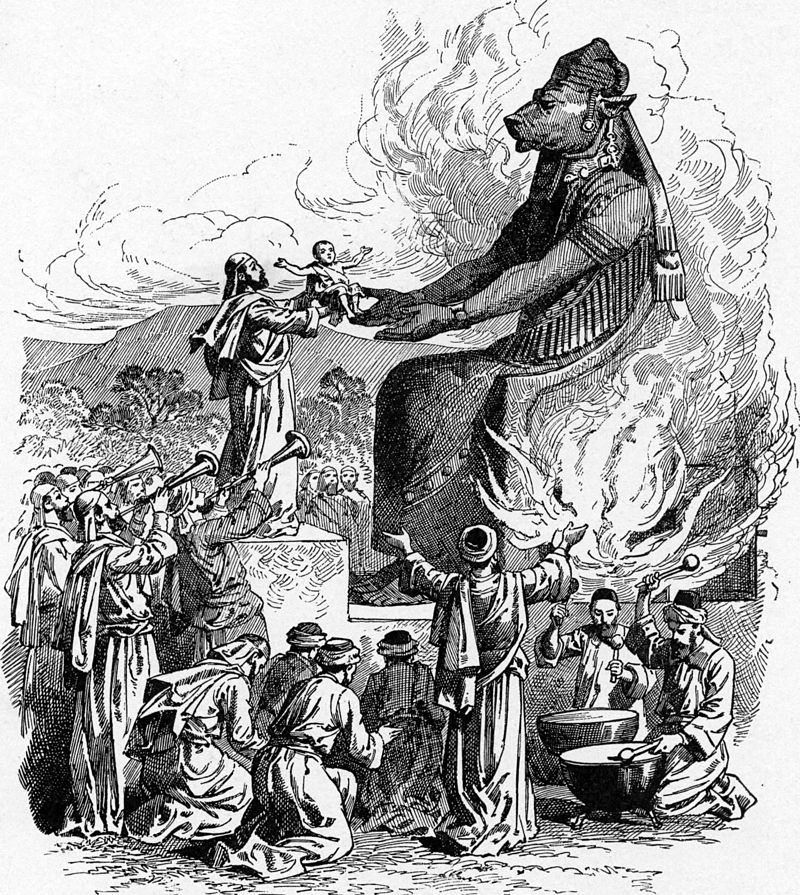The Long Hand of Slave Breeding, Redux
by Joann WypiJewski
May 6, 2022
https://www.counterpunch.org/2022/05/06 ... ing-redux/
Introduction:
(Counterpoint) I hate liberalism’s language of choice. I always have. Redolent of the marketplace, it reduces the most intimate aspects of existence, of women’s physical autonomy, to individualistic purchasing preferences. A sex life or a Subaru? A child or a cheeseburger? Life, death or liposuction? In that circumstance, capitalism’s only question is, Who pays and who profits? The state’s only question is, Who regulates and how much? If there is a sliver of benefit to the right’s ongoing and grotesque multi-front assault on women, it is the clarion it sounds to humanists to take the high ground and ditch the anodyne talk of “a woman’s right to choose” for the weightier, fundamental assertion of “a woman’s right to be.”
That requires that we look anew to history and the Constitution, which, Justice Alito is quite correct, does not include the word ‘abortion’ (or ‘space travel’ or ‘automobile’ or even ‘woman’) but does include ‘slavery’.
When I first wrote that opening paragraph, in 2012, my friend and sister Pamela Bridgewater, who’d been their impetus, was alive. She was starting cancer treatments, which ultimately failed. At that moment, though, she was intending to revise her legal writings on reproductive liberty and the legacies of slave breeding into a book that would speak a common language to women, particularly the class of women whom she’d escorted to safety while doing clinic defense in Florida, Wisconsin, DC. She was a legal scholar, a professor, an activist, a sex radical, a diva. Pamela was fire.
She was also very sick. I mostly use her familiar name here because the circumstances of first writing were intimate. Dying is intimate, even if, like being born, it is also social. I had been staying at Pamela’s house, a big, welcoming place in DC that she and her husband, Kweku Toure, filled with friends, food, fast talk and quiet when that was required. One afternoon we were two women sitting around talking the way friends do—a little gossip, a little news, a little bit about the Thirteenth Amendment. Pamela had been talking about the Thirteenth as long as I’d known her. She was fascinated by the complex history and legal interpretations secreted behind its plain language:
Section 1. Neither slavery nor involuntary servitude, except as a punishment for crime whereof the party shall have been duly convicted, shall exist within the United States, or any place subject to their jurisdiction.
Section 2. Congress shall have power to enforce this article by appropriate legislation.
caltrek's comment: This raises an interesting point: Is not forcing a woman to the full term of her pregnancy a form of "involuntary servitude" and thus should be prohibited under the Thirteenth Amendment?
Now a "textualist" should agree. Even though abortion is not explicitly mentioned in this passage, clearly the answer should be yes.
An "originalist" might disagree: surely that was not the "original" intent behind the adoption of the Thirteenth Amendment. The drafters of that amendment simply did not have abortion in mind.
One problem is the inconsistency of "textualists." That is to say that they are philosophically textualists - except when they are not...
Don't mourn, organize.
-Joe Hill
